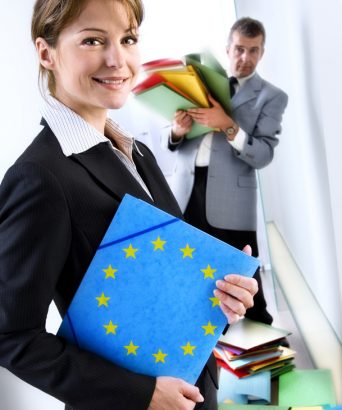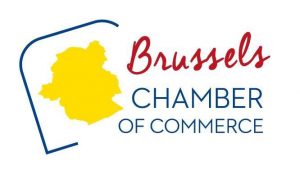It is important that the basic principles of the internal market and the Schengen agreement be maintained, in particular to ensure the free movement of goods (via all modes of transport) and professional mobility (particularly in cross-border areas).
Although many aspects of border measures are a matter of national competence, the European Commission has tried to bring coherence. In order to do so, it drew up guidelines intended to provide a framework for national measures. For the supply of goods:
1. Member States should preserve the free movement of all goods.In particular, they should ensure the supply chain of essential products such as medicinal products, medical equipment, essential and perishable foodstuffs and livestock. No restrictions should be imposed on the movement of goods within the Single Market, in particular (but not only), essential goods, related to health and perishable goods, including food, unless duly justified. Member States should designate priority routes for the transport of goods (e.g. through “greenways”) and consider abolishing weekend bans.
2. No additional certification should be imposed on goods moving legally under the EU’s single market. It should be noted that, according to the European Food Safety Authority, there is no evidence that the feed is a source or a transmission source of Covid-19[1].
3. Workers in the transport sector, in particular, but not only those who supply essential goods, should be able to travel across borders, depending on needs, and their safety should under no circumstances be jeopardised.
4. Member States should ensure a constant provisioning to meet social needs, avoid panic shopping and overstocking of shops, which will require a proactive engagement of the whole supply chain.
5. Specific transport nodes (e.g. ports, airports, logistic platforms) should be strengthened where necessary.
[1]Efsa.europa.eu/en/news/coronavirus-no-evidence-food-source-or-transmission-route




